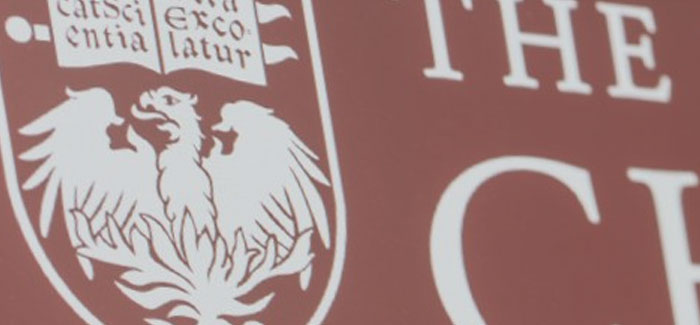
Report from the dean
An urban endeavor.
The Social Sciences Division is poised to play a major role in connecting the University with researchers and practitioners in the United States and abroad who are concerned with urban issues. In late 2012 Neil Guterman, dean of the School of Social Services Administration, and I received a proposal from a group of faculty calling for an initiative to stimulate, support, and promote the work of a new generation of researchers concerned with urban questions. Since then we have been building out a concept for a program featuring a diverse cohort of UChicago scholars, visiting fellows, and staff to harness the scientific capacity of researchers across disciplines to analyze, develop, test, and disseminate knowledge on urban concerns. This effort now involves many units and divisions, such as the Harris School of Public Policy and the Office of Civic Engagement.
The rationale is simple: As of 2010, half the world's population lived in cities; by 2050 the number is projected to grow to 70 percent. Over the 21st century, every major development in social, political, economic, cultural, and environmental arenas will involve urbanization. These changes will generate new challenges for mayors and other practitioners; they also could revolutionize the lives of billions through improved access to economic opportunity, public health, education, culture, and human diversity.
The University of Chicago is poised to have a profound effect on the knowledge and advancement of urban conditions by creating a platform where researchers and practitioners are encouraged to think and work collaboratively--where, say, a criminologist, an economist, a psychologist, a former police commissioner, and a corrections officer work together to evaluate a program to reduce school violence. A series of conferences, working groups, and targeted research teams will increase the engagement of the University with the world and motivate experts to think outside their disciplinary and professional silos.
The University, rooted in an urban environment, has an auspicious combination of the elements needed to succeed in this initiative. My own department of sociology established a prestigious Chicago school that built its reputation by studying the city. We have rich human capital in this research area, with a high concentration of sociologists, economists, political scientists, social workers, and others working on urban issues. Our faculty and students are used to debating ideas across disciplinary boundaries. Finally, several University research centers that specialize in studying crime, health, and education in urban contexts have had remarkable success in collaborating with the city for the mutual benefit of research and practice.
I look forward to sharing more about this work as it develops. I believe it presents an opportunity for the University to reestablish a tradition that goes back to its founding decades while embracing and responding to the radically different world in which we live.
Mario L. Small, dean
